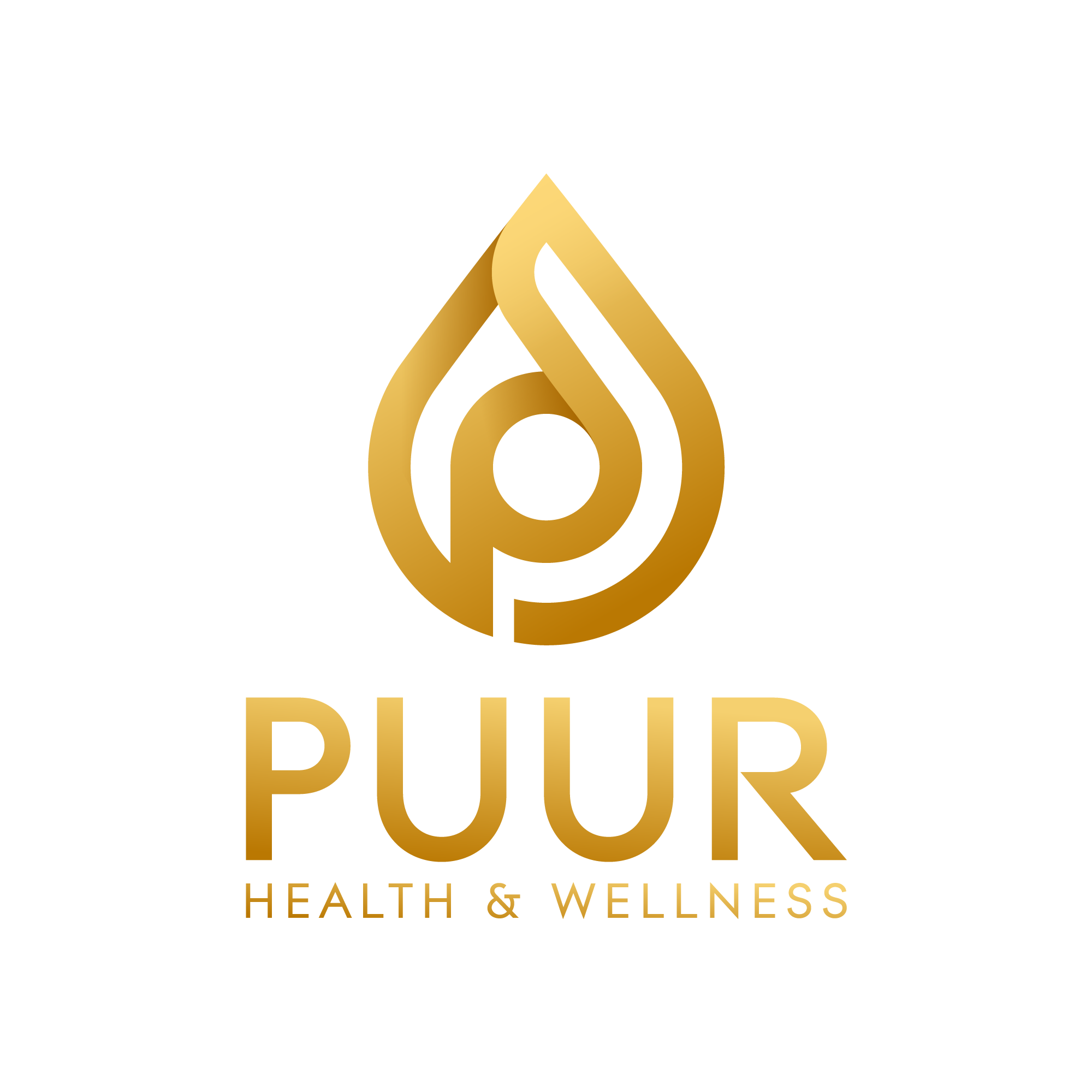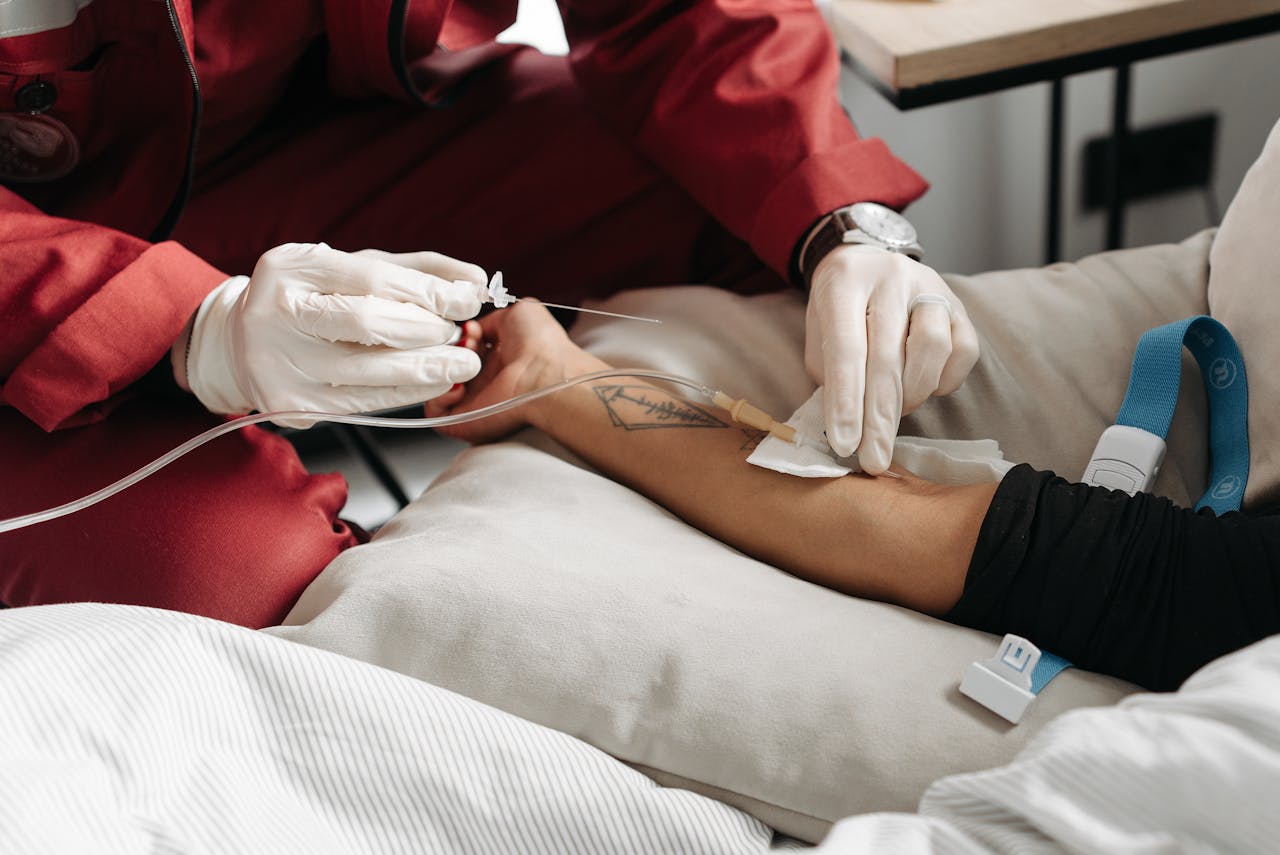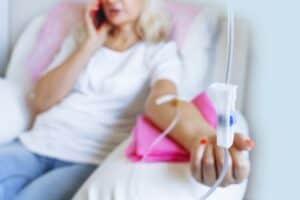Right then, you’ve pushed yourself to the limit, muscles are aching, and you’re feeling properly knackered after a good workout. The question on your mind, and a blooming good one at that, is: Does IV Hydration Improve Athletic Recovery? It’s a topic that’s cropping up more and more, with athletes of all stripes looking for that extra edge to bounce back quicker and get back in the game. So, let’s have a proper look at whether hooking yourself up to a drip can actually make a difference to how your body recovers after strenuous activity.
Now, we all know that after a hard graft, whether it’s pounding the pavements around Memorial Park here in Houston or smashing out a personal best at the local track, your body’s screaming out for a bit of TLC. Rehydration is a key part of that recovery process, no doubt about it. You’ve likely reached for your water bottle, maybe a sports drink, but could there be a quicker, more effective way to get those fluids back in? That’s where IV hydration comes into the picture. If you’re curious about what to expect during a session, everything you need to know before getting IV therapy in Houston offers a clear breakdown of the entire process—from how it works to who it’s best suited for.
Understanding the Post-Workout Slump
After you’ve been sweating buckets, your body has lost not just water but also vital electrolytes – things like sodium, potassium, and magnesium that play a crucial role in muscle function and nerve signalling. This dehydration and electrolyte imbalance can contribute to muscle cramps, fatigue, and a general feeling of being utterly drained. It can also hinder your body’s ability to repair muscle tissue and get you ready for your next session.
So, when we ask Does IV Hydration Improve Athletic Recovery?, we’re essentially asking if bypassing the digestive system and delivering fluids and electrolytes directly into the bloodstream can offer a significant advantage over simply drinking them.
The Argument for the Drip

The main argument in favour of IV hydration for athletic recovery boils down to speed and efficiency. When you drink fluids, they have to go through your digestive system, be absorbed, and then distributed throughout your body. This process can take time, and factors like how quickly your stomach empties and how well your intestines absorb can influence how effectively you rehydrate.
With IV hydration, the fluids and electrolytes are delivered directly into your veins, meaning they’re available to your body almost immediately. This rapid replenishment could, in theory, help to alleviate dehydration symptoms quicker, restore electrolyte balance more effectively, and kick-start the recovery process sooner.
What the Science Says
Now, while the idea of a quick fix via IV drip sounds appealing, what does the scientific evidence actually say about Does IV Hydration Improve Athletic Recovery? The research in this area is still evolving, and it’s not quite a slam dunk in one direction or the other.
Some studies have suggested that IV hydration can indeed lead to faster rehydration compared to oral intake, particularly in cases of severe dehydration. This rapid rehydration could potentially have knock-on effects on things like heart rate and perceived exertion.
However, other research has indicated that for most athletes, especially after typical training sessions or events, simply drinking enough fluids and consuming a balanced diet that replenishes electrolytes is perfectly adequate for recovery. The body is pretty good at what it does, after all.
One of the key considerations is the degree of dehydration. If an athlete is severely dehydrated after an exceptionally gruelling event in hot conditions, IV hydration might offer a more rapid and reliable way to restore fluid balance. But for more routine training and competition, the benefits over diligent oral rehydration might be less pronounced.
The Electrolyte Factor
It’s not just about the water, though. Electrolytes are crucial for proper muscle function and preventing cramps. Many IV hydration solutions for athletic recovery include a blend of these vital minerals. Getting these electrolytes back into your system quickly could, in theory, help to reduce muscle soreness and improve subsequent performance.
However, again, sports drinks and a well-rounded diet containing things like bananas (potassium), salty snacks (sodium), and leafy greens (magnesium) can also effectively replenish these lost electrolytes over a reasonable timeframe.
Real-World Experiences
Anecdotally, you’ll hear plenty of athletes who swear by IV hydration for their recovery. They report feeling significantly better, with reduced muscle soreness and faster return to training. However, it’s important to remember that personal experiences can be influenced by a number of factors, including the placebo effect. If you believe something will help, it often does, at least to some extent. That said, some users report notable improvements in energy—especially those managing ongoing exhaustion. Here’s a deeper look at whether IV Therapy can help with chronic fatigue and how it might tie into your post-training recovery routine.
Considering the Context: Houston Heat

Now, if you’re training hard here in Houston, especially during those sweltering summer months, the rate of fluid and electrolyte loss through sweat can be significant. In such extreme conditions, where oral rehydration might struggle to keep up, there could be a stronger argument for considering IV hydration as a way to rapidly replenish those lost fluids and minerals and potentially aid recovery. Think of it after a particularly brutal training session in the Houston humidity – getting that immediate fluid and electrolyte boost could feel like a real game-changer.
Potential Downsides
While the idea of a quick recovery drip is tempting, there are a few potential downsides to consider. Firstly, it’s an invasive procedure, albeit minimally so. There’s always a small risk of infection, bruising, or discomfort at the injection site.
Secondly, it can be more costly than simply buying a sports drink or making sure you’re drinking enough water. For athletes on a budget, this might be a significant factor.
Finally, for most people, the body is perfectly capable of rehydrating and restoring electrolyte balance effectively through oral intake and a balanced diet. Unless there are specific medical reasons or extreme circumstances, the added benefit of IV hydration over these more natural methods might be limited.
So, Does IV Hydration Improve Athletic Recovery? The Verdict
The current evidence suggests that while IV hydration is certainly effective at rapidly rehydrating the body and replenishing electrolytes, its superiority over diligent oral rehydration and a balanced diet for most athletes in routine recovery scenarios isn’t definitively proven.
For athletes experiencing severe dehydration, particularly after intense exertion in hot conditions, IV hydration might offer a quicker and more reliable route to recovery. However, for the majority, focusing on consistent and adequate oral hydration, along with consuming a diet rich in electrolytes, is likely to be sufficient for effective athletic recovery.
At Puurhw, we understand that athletes are always looking for ways to optimise their performance and recovery. We offer IV hydration services that can provide a rapid infusion of fluids and electrolytes. Our team can discuss your individual needs and help you determine if IV hydration might be a beneficial part of your recovery strategy. To get the most out of each session, check out these expert tips on how to maximize your IV therapy benefits—so every drip does the most for your recovery.
Conclusion
Ultimately, the decision of whether or not to use IV hydration for athletic recovery is a personal one. Consider the intensity and duration of your training, the environmental conditions, your individual hydration needs, and your budget. Chatting with a healthcare professional or a sports medicine specialist can also provide valuable guidance tailored to your specific circumstances.
While the allure of a quick recovery fix is strong, for most of us, the tried-and-true methods of proper hydration through drinking and a good diet remain the cornerstone of effective athletic recovery. Whether IV hydration offers a significant enough advantage for you is something to weigh up carefully. Keep listening to your body, stay well-hydrated, and keep pushing those boundaries!


